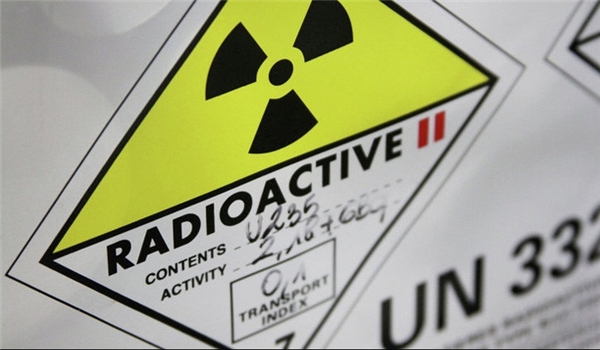
RNA - The United Nations General Assembly has already adopted several initiatives for the purpose but to no avail. The last session, from 27 to 31 March, ended on an optimistic tone. There was wide convergence of views on the core prohibitions relating to stockpiling, use, deployment, acquisition, development and production of nuclear weapons. The problem is, that was all really. Only high hopes.
Unsurprisingly, a country such as the United States which has allocated one trillion dollars to upgrade and modernize its nukes will never allow these negotiations to bring about any shift in the mindsets of the other governments that threaten the rest of the world with the willingness to use their cruel, indiscriminate and destructive weapons. Washington continues to argue that “a ban would impede or at least render more difficult efforts for reductions of atomic arsenals under the Treaty on the Non-proliferation of Nuclear Weapons and that a treaty to which the current nuclear possessors choose not to adhere would not bring about any tangible results in reducing or eliminating nuclear weapons.”
This is while a ban treaty would at least establish a clear legal standard rejecting nuclear weapons on humanitarian grounds and would enable states to formalize such a rejection besides enhancing the stigma against those weapons. It would reaffirm their unacceptability and incompatibility with universally recognized principles of International Law and would re-state and strengthen commitments assumed under other treaties. It would enhance, and the US is wrong to argue that it would detract from, such commitments. The UN’s last session was clear on that.
Notwithstanding, the White House has already approved the mass assembly of the enhanced radiation warhead, the so-called neutron bomb – and its use. The bomb is specifically designed for "enhanced" destruction of all biological life-including men, women, children, and infants in the womb-while leaving material infrastructure intact. It is just one more step in the implementation of the immoral policy of "Mutual Assured Destruction," which Washington and Moscow adopted to deter each other from launching a nuclear attack. The Cold War arms race between the United States and the Soviet Union resulted in each country possessing 25,000 nuclear warheads, more than enough to destroy the earth many times over. The policy, dubbed MAD, remains in force today.
It still symbolizes the twisted morality of the United States for whom nuclear standoff and conflict remains the natural state of human existence. The intended message is certainly received loud and clear in many capitals around the globe. Now there are nine nuclear-armed states - in a world punctuated by war, conflict, mistrust, and fear.
Take for example the current standoff between the United States and North Korea. The US has sent warships to North Korea that happens to have nukes. President Trump has sent the naval taskforce, headed by the nuclear-powered supercarrier Carl Vinson, in readiness! The world watches as the tense standoff unfolds, with all eyes on what the Koreans and the Americans would do next.
The growing danger now is miscalculation. The US military developments are coming at a time of unusual political ferment, with a new and largely untested administration in Washington and with South Korea's government coping with an impeachment crisis. Longtime observers say the risk of conflict is higher than it has been in years, and it is likely to rise further as North Korean leader Kim Jong Un seeks to fulfill his pledge to field long-range missiles capable of reaching US cities. But each new advance increases the chance that a small mishap could rapidly escalate into all-out war.
Once again this brings us to the conclusion that nuclear weapons cannot be used without violating International Humanitarian Law. Their deployment and the training of armed forces for their use, constitutes the preparation of crimes of war. The only way to prevent another US nuclear strike is to get rid of all the nukes in the world.
To this end, the nuclear Non-Proliferation Treaty is the most effective security treaty in history. Coupled with positive security guarantees, it provides the diplomatic, political, and legal framework that has helped convince dozens of nations to end nuclear-weapon programs. Thanks in great part to the treaty and related agreements, the entire southern hemisphere is free of nuclear weapons, including the continents of South America and Africa. Only Israel, Pakistan, and India have remained outside this global pact. However, a great deal still depends on the Trump White House priorities which has already lost its moral moorings:
While the international civil society is at the forefront of the effort to ban nuclear weapons, the US is boycotting all UN sessions – with other boycotting nations in a sign of opposition. The list includes the US, China, France, Britain, Russia, India, Pakistan, Israel, and North Korea, which are the nine states that have nuclear weapons.
847/940